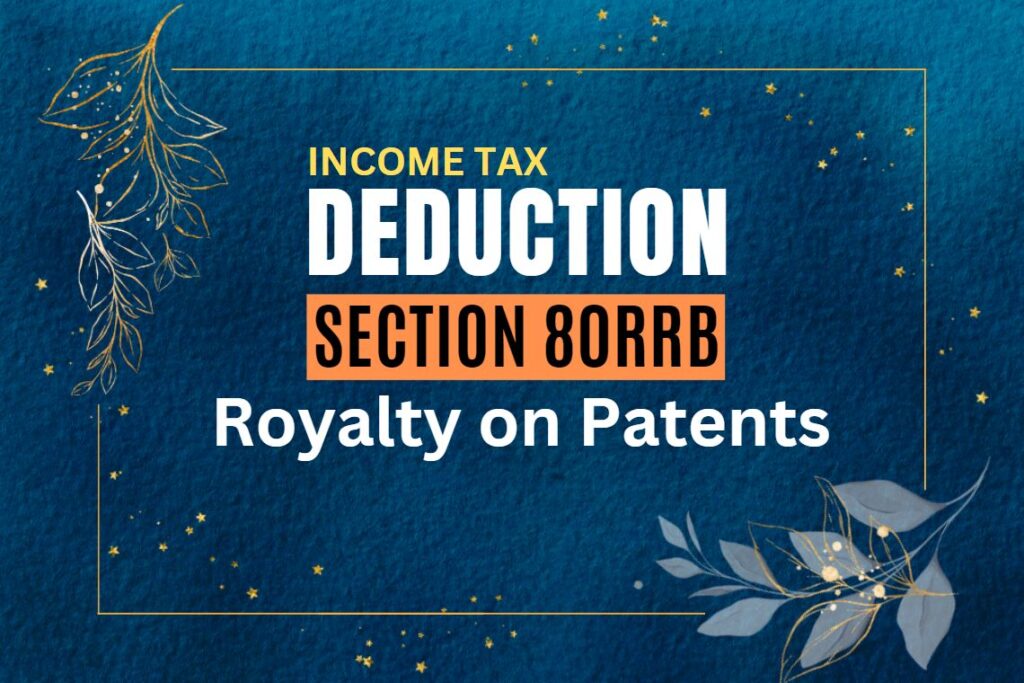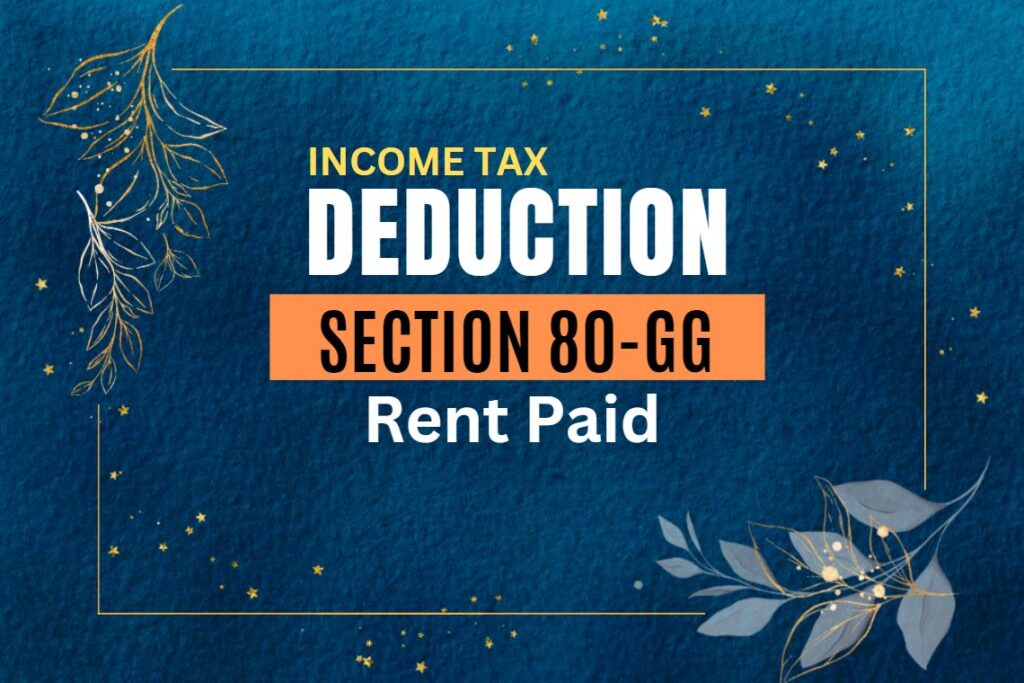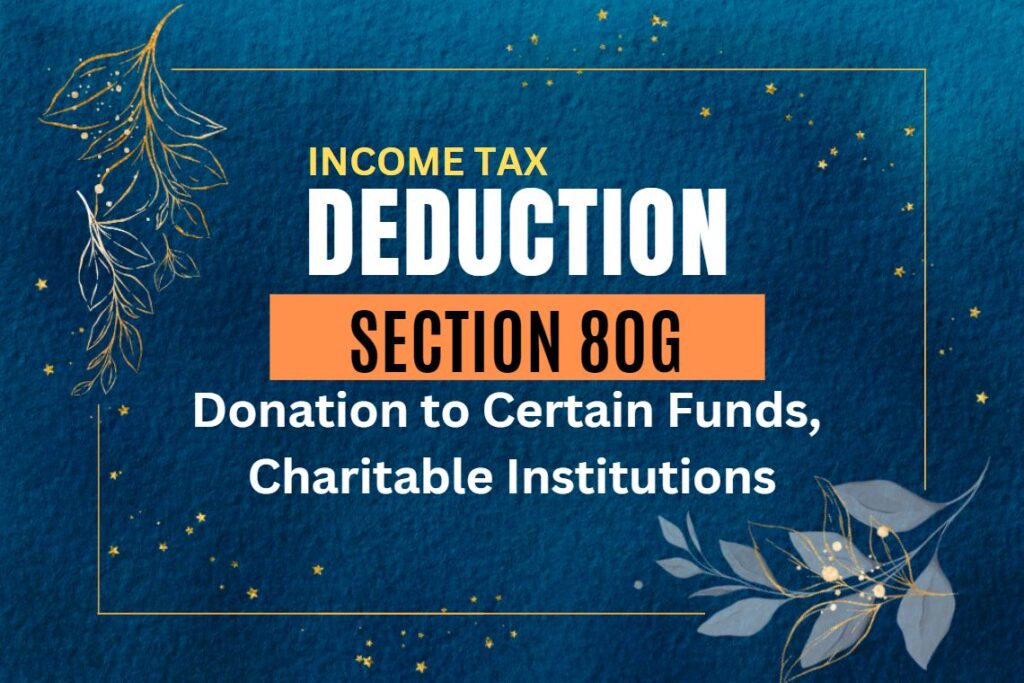Section 80U of the Income Tax Act provides relief to individuals with disabilities by allowing them to claim deductions on their taxable income. This section applies to both resident and non-resident individuals with disabilities. It aims to reduce the financial burden on persons with disabilities and promote their overall well-being. The section outlines the conditions and provisions for claiming deductions based on the disability of the taxpayer.
Eligibility Criteria
To be eligible for deductions under Section 80U, the individual must fulfill the following conditions:
- The person should have a disability recognized under the Persons with Disabilities (Equal Opportunities, Protection of Rights and Full Participation) Act, 1995.
- The disability should be at least 40% as certified by a medical authority.
- In this context, a “person with disability” is defined as someone who satisfies both of the following conditions:
- He or she has a disability, which is a condition recognized under the Rights of Persons with Disabilities Act, 2016.
- The disability is certified by a medical authority, as specified by the government.
- The following are the different types of disabilities that are eligible for the deduction under Section 80U:
- Blindness
- Low vision
- Leprosy-cured
- Hearing impairment
- Loco motor disability
- Mental retardation
- Mental illness
Deduction Amount
The amount of deduction available under Section 80U is as follows:
· For persons with 40% or more disability : Rs. 75,000
· For persons with severe disability (80% or more disability) : Rs. 1,25,000
Conditions for Claiming Deduction
There are certain conditions that need to be met to claim deductions under Section 80U:
- The person with disabilities should be a resident of India for the relevant assessment year.
- The individual needs to furnish a certificate from a medical authority certifying the disability.
- The deduction can be claimed by the person with disabilities or their parent/guardian if they are unable to do so themselves.
- The person with disability must be a dependent of the taxpayer.
- The expenses must be incurred for the maintenance and treatment of the person with disability.
- The following are some examples of expenses that are eligible for the deduction under Section 80U:
- Medical expenses, such as doctor’s fees, hospital charges, and the cost of medicines
- Educational expenses, such as school fees and the cost of special education equipment
- Vocational training expenses
- Transportation expenses
- Expenses incurred for the purchase of artificial limbs and other appliances
Other Important Points
Here are some additional points to consider regarding deductions under Section 80U:
- The deduction is available on the individual’s gross total income.
- The disability must exist during the relevant assessment year to claim the deduction.
- If the person with disabilities is also claiming deductions under Section 80DD (for maintenance of a disabled dependent) or Section 10(14) (for transport allowance), the deduction under Section 80U will be reduced by the amount claimed under these sections.
- The deduction under Section 80U is not available to non-resident individuals.
Example:
Here is an example of how to calculate the deduction under Section 80U:
– An individual is certified as a person with 40% disability. The individual earns a salary of Rs. 5 lakhs in a financial year.
– The individual is eligible for a deduction of Rs. 75,000 under Section 80U.
– The individual’s taxable income is Rs. 4.25 lakhs (Rs. 5 lakhs – Rs. 75,000).
– The individual will have to pay tax on Rs. 4.25 lakhs.












